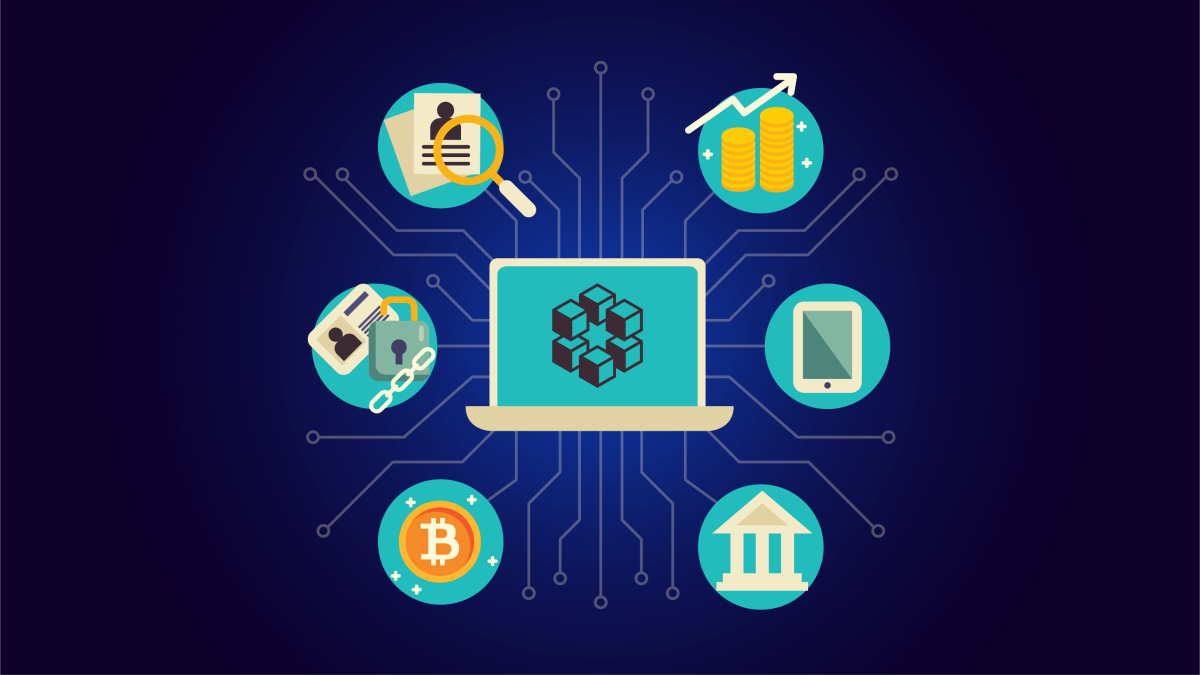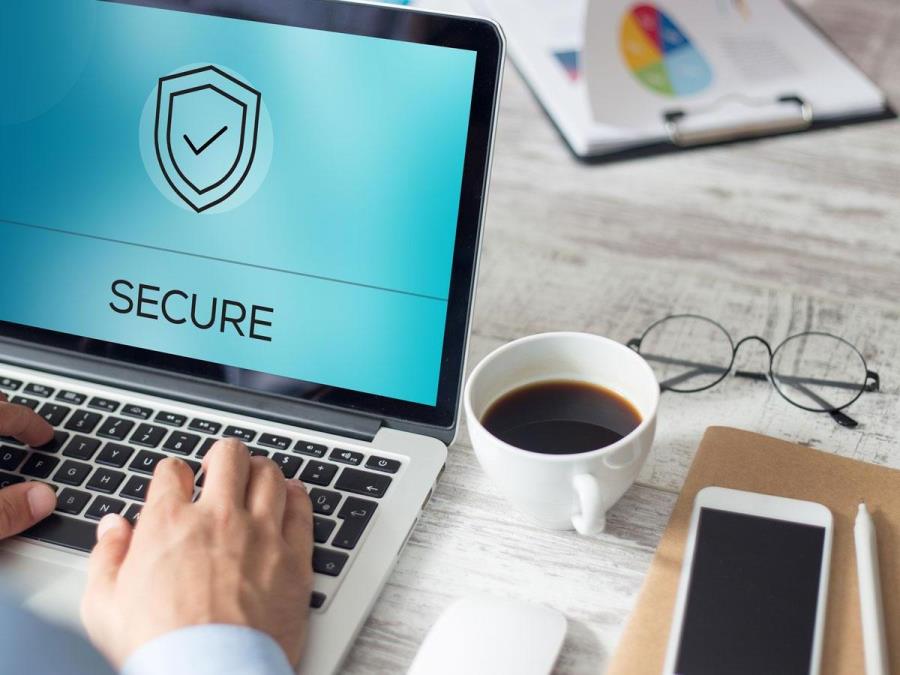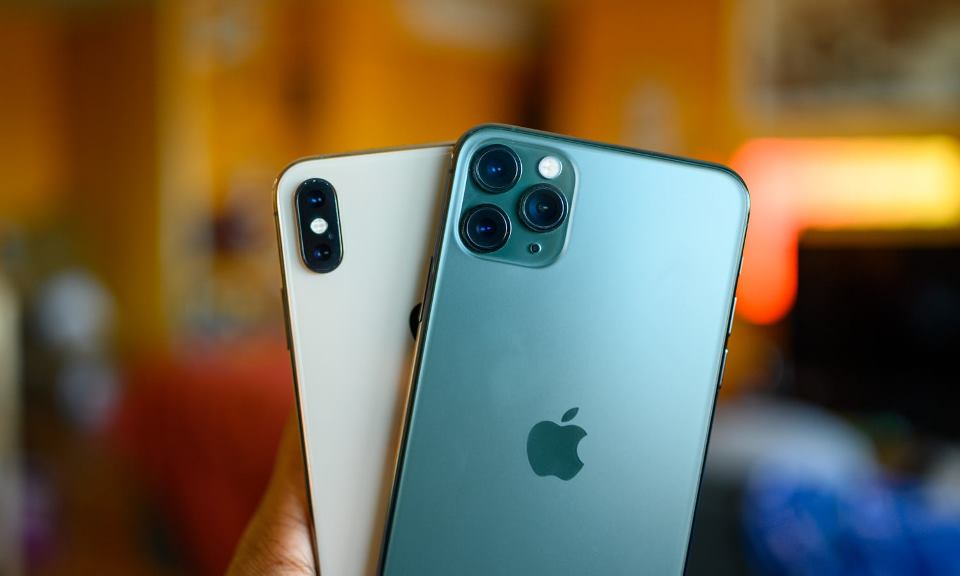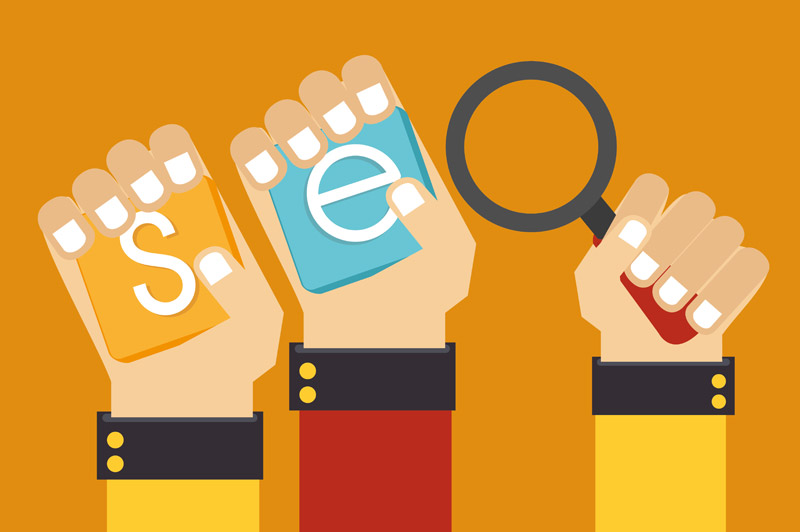Naturally, the new technology Blockchain, as a new way of recording and storing data, should first be considered in light of the law of personal data protection.
Questions such as who will be considered the controller and who is the processor will be difficult to answer especially in open (permissionless) blockchain platforms.
But also rights such as the right to delete or update personal data are extremely doubtful whether and how they could be satisfied in a database that is kept simultaneously in thousands of copies and in which it is impossible to modify, let alone remove data, and in fact, in the manner required by the new Regulation for the protection of personal data (GDPR).
Virtual currencies/cryptocurrencies
The legal characterization of cryptocurrencies is a prerequisite for their legal treatment and their systematic inclusion in the corresponding set of legal rules. Although the name suggests coins, the answer is not so obvious as almost none of the cryptocurrencies act as currency.
As we mentioned above, almost every open blockchain protocol provides for the creation of tokens (for example ether for the eEthereum platform) which are necessary for participation in this platform. To be able to use the protocol, or conclude and fulfill a smart contract, the participants in a transaction must have tokens of this protocol at their disposal.
Therefore, the nature and operation of cryptocurrencies are more akin to digital assets whose value is tied to and exists only within the operating ecosystem of a particular blockchain protocol (rather than a currency). This value is determined by the technical characteristics of the protocol, its functional capability, es and ultimately its appeal and dissemination to the community it addresses.
The concept of tokens can be better understood by looking at the architecture and structure of the companies that issue and own them, usually through what is called an Initial Coin Offering or ICO (referring, rather euphemistically, to Initial Public Offering – IO, i.e. the public registration, with which they have nothing to do).
These companies create services that are based on decentralized co-creation, depend on the distribution of tokens, and the main, if not the only, source of income is the increase in the value of the tokens according to the success of their “economy”.
Recently, in the case of the distribution of tokens through the Ethereum platform, the US Securities and Exchange Commission. , (SEC), ruled that these should be treated as securities and therefore their disposal is governed by applicable law.
In addition, in October 2015 the Court of Justice of the European Union in the context of the interpretation of Directive 2006/112/EC on VAT. ruled that bitcoin cannot be classified as tangible goods within the meaning of Article 14 of the VAT Directive, because it has the sole purpose of being a means of payment and that the exchange of traditional currencies for bitcoins is exempt from VAT.
Also, according to the Court of Justice of the EU, transactions involving non-conventional currencies, i.e. currencies that are not legal tender in one or more countries, are financial transactions, provided that the non-conventional currencies in question are accepted by the traders as an alternative, about conventional currencies, means of payment and are used exclusively as means of payment.
It is worth noting that according to the referral decision of the requesting court (Sweden’s Supreme Administrative Court) in the above case, the bitcoin address [pp. a user’s public key] can be compared to the bank account number.
Furthermore, according to its February 2015 report, the European Central Bank does not consider virtual currencies, such as Bitcoin, to be a form of money as defined in economics, nor from a legal point of view.
For this report, the ECB defined virtual currencies as “a digital representation of value, which is not issued by a central bank, financial institution or an electronic money institution, which, in some cases, can be used as an alternative of – traditional – money”.
For the ECB, the existing regulation that applies to the traditional financial sector cannot be applied as the traditional financial parties do not exist, and categorizes bitcoin as a “convertible decentralized virtual cryptocurrency”.
The European Union plans to regulate, at least in part, the distribution of virtual currencies as part of the revision of Directive (EU) 2015/849 on money laundering.
Consumer protection law
Today’s most popular application of blockchain technology, virtual currencies, raise important issues directly related to consumer law, due to certain disadvantages they present, in particular:
- Lack of transparency as to how they work, as their key features are difficult for users to understand and the information available is limited, especially for the lesser-known ones. In addition, as most users treat virtual currencies as a store of value rather than a means of payment, and invest in them with the expectation of their value increasing, they are likely to fall victim to fraudulent promises from issuers (risk of investment fraud due to lack of transparency).
- The legal status of cryptocurrencies is unclear, as is often the identity of these key actors, who are generally not subject to regulation or supervision, information that users are very likely to be unaware of, especially due to the similarity of virtual currencies with electronic money. Therefore, users do not benefit from legal protection provisions, such as the possibility of redemption or a deposit guarantee system, and are exposed to various risks that are usually limited by legislation.
Furthermore, the continuity of a virtual currency is far from guaranteed and users may be faced with an abrupt cessation of the issuance or validity of the virtual currency.
When using virtual currencies as a means of payment for goods and services, users are not protected by the refund rights granted for (unauthorized) transfers from a contractual account, as applicable under EU law. This is because in these cases there is no one payment service provider that users can turn to, and no central dispute resolution body.
Smart contracts
As programming languages are less ambiguous than human languages, this implies less uncertainty about the interpretation of the terms of a smart contract: two people may ascribe a different meaning to the same words, but not two computers in the code of a smart contract. Therefore, the scope for different interpretations of the contractual terms is significantly reduced (if not eliminated) during their execution.
On the other hand, the modification (due to e.g. changes in the mandatory legal framework that occurred after the conclusion of the contract) of the terms of a smart contract is difficult, since it has been integrated into a blockchain platform. The interlinking of smart contracts with databases (public or private) to be automatically updated with the current legal framework, and the separation of terms into modifiable and non-modifiable, are some of the solutions that have been proposed.
Also, due to the cross-border nature of transactions on a blockchain platform, in some cases, it will be difficult to identify those characteristics that are set as criteria by the rules of private international law, such as the place of residence of the parties, the place of making a contract, the place fulfillment, etc., to determine the applicable law in case this has not been agreed between the contracting parties.
Finally, the most important legal aspect of the implementation of smart contracts is arguably the stage of execution and whether the strict conditions of automatic fulfillment of the consequences against the non-compliant party are consistent with the public nature of the execution acts. The problem in bankruptcy law is similar: in the example of the starter switch, the debtor will be protected and will be able to use his car if he is placed in bankruptcy or pre-bankruptcy proceedings during which any acts of execution against the debtor are suspended.
Organizations – legal entities
In addition to applying new technology and digital governance capabilities to existing corporate types, blockchain has created an entirely new type of organization, the so-called “decentralized autonomous organization” or DAO, whose operation (from the statutes, the terms of administration up to the totality of transactions), is captured in smart contracts which “run” on a blockchain platform.
Such an organization that “operates” and is managed decentralized according to the rules installed in the software of thousands of computers in different parts of the world, raises several legal issues, such as the law that governs it, its legal characterization, the acquisition of legal personality, the way of administration, the requirements and consequences of publicity, etc.
Mergers – Legal controls
Already artificial intelligence is widely used in some legal services and especially in the legal audits that are necessary for the context of large transactions.
With the use of algorithms, it is now possible for computers to review thousands of documents and draw legal conclusions with an accuracy equivalent to human work, which would require many times more time.
Recently a Court in the United Kingdom accepted the use of artificial intelligence, in the context of legal review, despite the opposition of the other party.
With the use of blockchain technology, where all corporate governance acts, transactions, accounting entries, and assets of companies will be registered in the blockchain registry, the process of legal audits and generally establishing the financial and accounting status of a company will it is fully automated, accurate, and secure.
Procedure: evidence
But also at the level of procedure and mainly of evidentiary means, the new technology will have consequences, as it is certain that the proof of title deeds, transactions, or even the certainty of the date of actual events will (may) be done by presenting the data concerning their registration on a blockchain platform.
These data will be able to be verified with certainty by the judge without the assistance of experts since all entries in the – open – blockchain databases are public and available.
Likewise notifications with a certain date, certain content and certain receipt (delivery of documents) will be possible based on the new technology.
Procedure: forced execution
As we saw above, one of the key features of smart contracts is the automated fulfillment of contractual terms if the agreed conditions are met.
This feature, i.e. the fulfillment of contractual obligations regardless of the will of the parties and without the assistance of a third party, will have the consequence of limiting the need to resort to an enforcement procedure for contractual debts.
CONCLUSIONS
Although it is difficult to predict the evolution and degree of adoption of the new technology, it is very likely that its path will be similar to other innovative proposals of the recent Internet past and will eventually either be adopted by central authorities or organizations or become a technological guide for the improvement of existing services and technologies to the extent that blockchain technology offers advantages over them.
Whether the new technology blockchain and cryptocurrencies will live up to these expectations depends to a large extent on whether the citizens have the maturity to take power but above all the responsibilities that its decentralized philosophy implies and that the new technology promises to give them.
Read more about cryptocurrencies and blockchain:
- When Bitcoin will hit 100K and why?
- LYOPAY at Future Blockchain Summit 2022: The Recap
- Why are top networkers switching to WEWE Global?
- The Power of Referral Marketing
- WEWE community can vote on platform developments
- EKO Rally Acropolis 2022 – LYOPAY Sponsor
- Token Rewards for 900 Days with Cloud Minting Program
- Blockchain and Crypto-Tech



